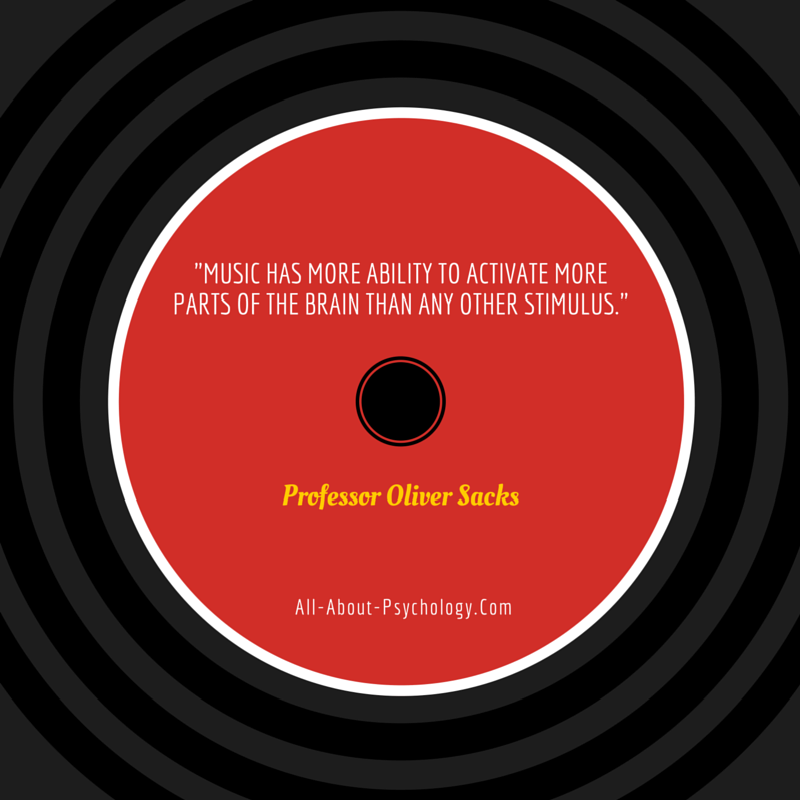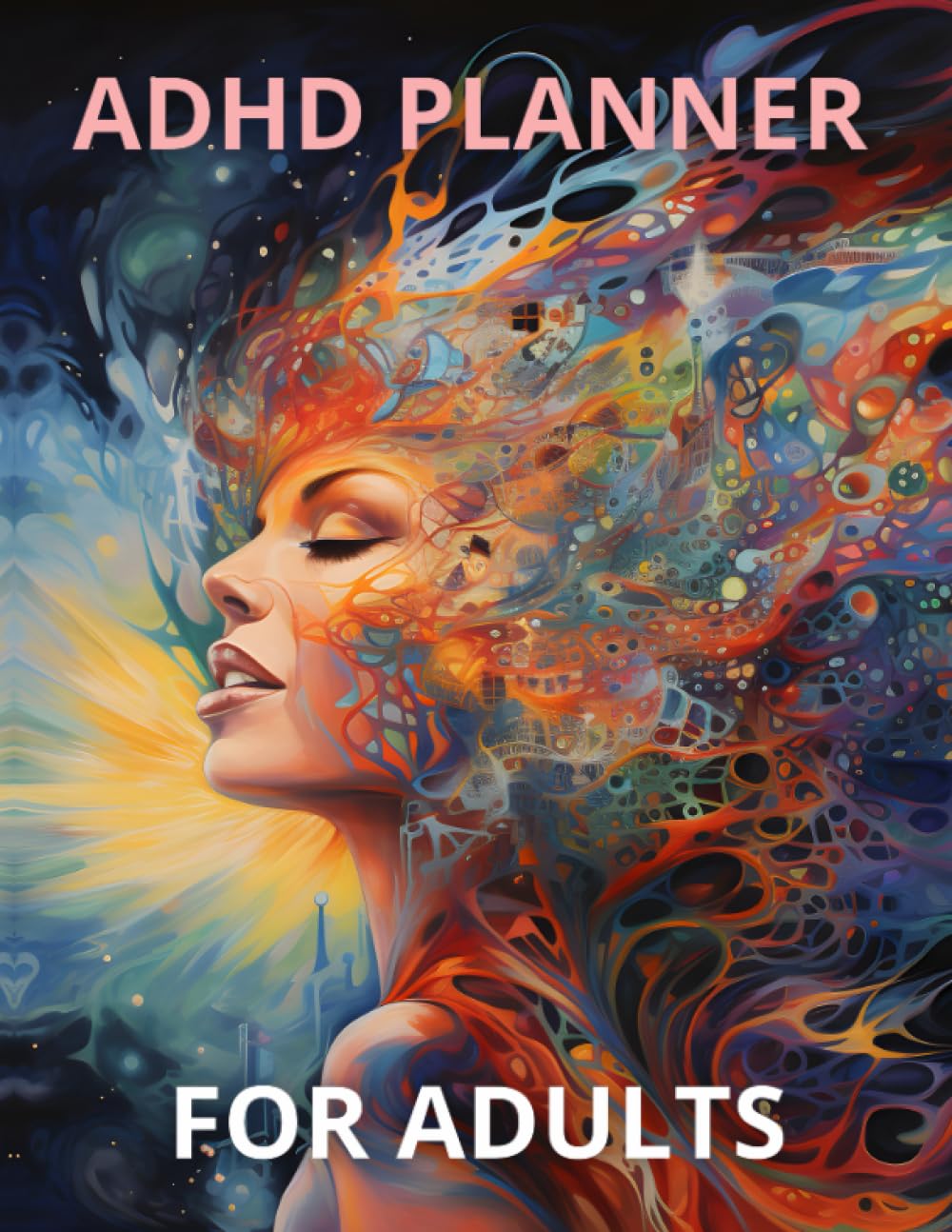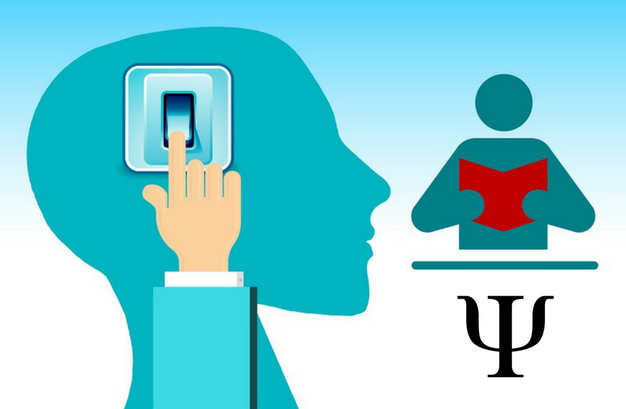The Power of ADHD Music for Focus,
Productivity, and Resilience
ADHD (Attention Deficit Hyperactivity Disorder) can often be a daunting reality for many children and adults. However, new research suggests an innovative way to reduce the symptomatology of this condition: "ADHD Music." As intriguing as it sounds, this isn't merely about adopting a 'song of the day' ritual; it's about utilizing music as a therapeutic tool for ADHD.
Music has been known to stimulate the human brain holistically. Evidence gathered from different corners of the world has shown that music can offer measurable, impactful benefits to those with ADHD. This isn't simple conjecture or casual observation — it's clear from rigorous scientific research.
One such study was conducted by Leanne Tamm, Ph.D., and her team at the Cincinnati Children's Hospital Medical Center. Here, ADHD children, who listened to music during tasks, exhibited improved attention and control over their impulsivity. It is one of many pieces of empirical evidence validating the potential of ADHD music therapy, a burgeoning field that marries the therapeutic power of music with specialized treatments for ADHD.
Now, you might be wondering, "What makes music so effective?" Well, it's all in the physiological interplay. Music is known to activate both hemispheres of the brain simultaneously — an effect that fosters better focus and heightened productivity. Specifically, rhythmic music appears to have the most pronounced effect on people suffering from ADHD, helping them to manage symptoms and unlock their full potential.
Another aspect of ADHD music listening and therapy that warrants attention is its role in fostering emotional regulation — a common area of difficulty for those with ADHD. In a fascinating study by Kimberly Sena Moore, music was found to help facilitate emotional expression and processing, leading to a deeper understanding of one’s emotions and ultimately, healthier emotional responses.
ADHD music empowerment:
This concept refers to the agency one gets from engaging with music - singing, playing, or even just listening to it. Music has an uncanny ability to create feelings of empowerment, allowing people with ADHD to understand their condition better and navigate their experiences with more resilience and determination.
This sense of ADHD music empowerment can translate to academic or professional success as well. Music promotes motivation and focus, thereby aiding productivity. Listening to certain kinds of music, especially composed repetitive or instrumental pieces, can create an environment conducive to studying, working, or engaging in other focused tasks.
Beyond productivity, music also generates feelings of tranquility and calm, a valuable boon for those struggling to tame the restlessness often associated with ADHD. The right tune or melody can transport listeners to a more peaceful mental space, helping them find pockets of serenity amidst the whirl of stimuli that characterizes their daily life.
Music likewise encourages a sense of harmony — it can become a grounding force that alleviates the often chaotic mental landscape of ADHD. It offers a balanced, rhythmic alternative to the potential sensory overload of everyday life, creating a sense of balance that can be distinctly therapeutic.
This harmony in turn translates to liberation; liberation from the constraints and challenges of ADHD. With consistent use of ADHD music therapy, individuals can gradually train their minds to effectively channel their energy, making ADHD less of a constraint and more of a unique strength.
Furthermore, music creates opportunities for social connection. As people gather around their mutual love for melodies, those affected by ADHD aren't left out. Participating in music activities — be it a band, a choir, or a jam session — can be a fantastic way to create bonds and develop social skills.
Research findings overwhelmingly encourage the application of ADHD music as a therapeutic tool. For instance, Geraldine Dawson and Denise A. Pugliese's work builds upon the claim that music can help facilitate social interaction and improve attention span, while Daphne Rickson’s research points to increased self-esteem and reduced anxiety.
Music encourages empathy, resonating with the listener and providing an avenue for articulating feelings and experiences. Listening to lyrics or melodies that echo their experiences helps those with ADHD find understanding and support.
The act of learning a musical instrument or even just understanding the nuances of different rhythms and melodies holds the potential for a transformative journey. The change isn't only in developed musical abilities but in increased self-confidence, discipline, and patience.
"Without music, life would be a mistake." (Friedrich Nietzsche)
There isn't a one-size-fits-all approach to implementing ADHD music therapy. It's crucial, though, to provide a safe and comfortable space for the individual to explore their relationship with music. This is where the sentiment of discovery enters the picture, as musical exploration can lead to self-discovery and therapeutic breakthroughs.
The empowerment brought about by music goes beyond the personal. It can influence how one interacts with the world. For instance, someone with ADHD might find that they can better manage their symptoms at work or school after applying the principles of ADHD music therapy.
Resonance is a strong sentiment attached to music, creating a deeply personal connection with its healing vibrations. This connection goes beyond the auditory; it becomes a transformative, therapeutic journey that can positively impact the trajectory of someone living with ADHD.
Transformation—a core sentiment associated with ADHD Music—occurs not exclusively from the therapy but in one's attitude. The shift from viewing ADHD as a limiting factor to a unique strength can be truly transformative. This attitude, abetted by music, can indeed help connect the dots of their ADHD experience in a positive light.
Music therapy for ADHD isn't solely about mitigating symptoms; it's about building a lifestyle that fosters positivity, resilience, and self-confidence. It's about embracing the chaos and finding the melody within it—to create a symphony of empowered living.
While ADHD Music is a relatively new area, the research clearly shows its potential. Therapists are just starting to scratch the surface of how best to use music to help individuals with ADHD to flourish. As each day goes by, more therapies come to light, creating a brighter, harmonious future for those affected by ADHD.
There's something magical about music. As Friedrich Nietzsche famously said, "Without music, life would be a mistake." The application of music in therapeutic contexts is a testament to its potential. ADHD Music is no exception in showcasing the transformative power music holds.
ADHD music therapy is more than just a catching trend—it's a promising tool that could revolutionize the way we understand and handle ADHD. Equipped with the harmony it offers, the tranquility it brings, and the empowerment it generates—music is undoubtedly a formidable ally in journeying ADHD in a more positive and constructive light.
Get this ADHD Planner for Adults
Get Organized, Focus Your Attention and Prioritize Tasks, One Day at a Time
With 206 pages, this 8.5 by 11 inches ADHD planner for adults offers a comprehensive daily roadmap to managing ADHD symptoms while enhancing psychological well-being. Every feature has been thoughtfully curated, drawing on scientifically informed best practices and tailored specifically to the needs of adults with ADHD. The ADHD planner for adults is available on Amazon via the following link.
Want to read more great articles?
See following link to check out a fascinating collection of psychology articles by leading academics and researchers.
This Psychology Symbol - Vintage Retro Striped Sunset T-Shirt is available from Amazon (prime eligible) in a range of colors for women and men. Sales help support this website, which has been providing free and comprehensive information and resources for psychology students and educators since 2008.
Recent Articles
-
Psychological Impact of Catastrophic Injury & Recovery
Feb 17, 26 02:26 AM
Explore the psychological impact of catastrophic injury, including trauma, identity shifts, resilience, and long-term mental health recovery. -
Psychology Articles by David Webb
Feb 10, 26 06:31 AM
Discover psychology articles by David Webb, featuring science-based insights into why we think, feel, and behave the way we do. -
Music and Memory: How Songs Shape Identity, Emotion, and Life Stories
Feb 10, 26 06:25 AM
How music and memory intertwine to preserve identity, evoke emotion, and anchor life stories. A psychological look at playlists, nostalgia, and the brain.
Know someone who would love to read The Power of ADHD Music for Focus, Productivity, and Resilience? Share this page with them.
Please help support this website by visiting the All About Psychology Amazon Store to check out an awesome collection of psychology books, gifts and T-shirts.
Go From The Power of ADHD Music for Focus, Productivity, and Resilience Back To The Home Page










